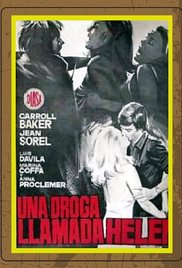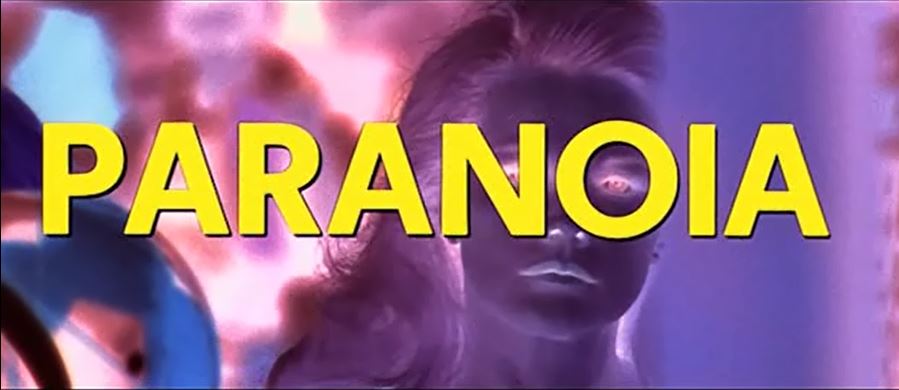
A quintessential example of the genre.
WARNING: Spoilers Below
score analysis
Umberto Lenzi was a Giallo madman between 1969 and 1971, releasing four films in the genre within a three year period. Upon closer inspection of these films it starts to become clear that this was not as monumental of a task as it appears on the surface. A Quiet Place to Kill (known in Italy as Paranoia) is Lenzi's third installment in his "sexy-thriller" series (a term he seems to prefer over Giallo since it allows him to separate his films from those of Argento) and arguably his most accomplished and entertaining of the lot.
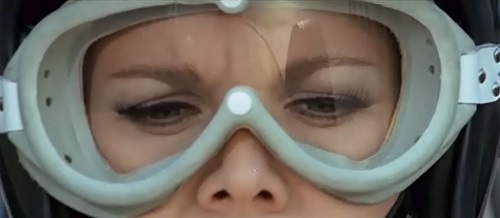
In this film, Lenzi features American actress Carol Baker for the third time but finally manages to pair her with an effective male counterpart in Jean Sorrel who is light years more likable than Lou Castel (in Paranoia) or Jean-Louis Trintignant (in So Sweet... So Perverse). Composer Piero Umiliani is on hand to provide a fun and memorable score with the title track "You" and an encore appearance of "Just Tell Me" by Wess & The Airedales.
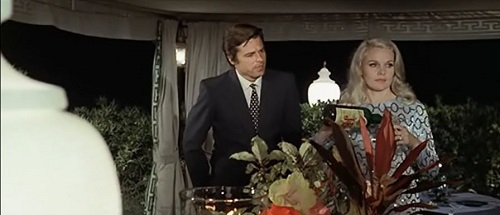
The story takes the all too familiar love/hate triangle established in Lenzi's first two films and ramps it up with more sex, more backstabs, more twists, car crashes and a gorgeous Majorca location. Unlike his first two films, Lenzi speeds up the pacing and introduces many more ancillary characters to complement the main players. The result is a film that commands your attention and keeps you guessing until the end.
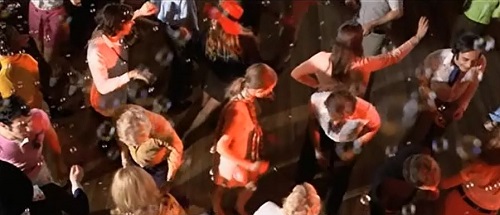
Like the previous two Lenzi thrillers, A Quiet Place to Kill scores an abysmal 38 on the Giallo Score, but this is to be expected. Whether or not Lenzi was aware of genre conventions that Bava and Argento were beginning to establish is not clear, but he was certainly ignoring them for these films. Instead of the classic black-gloved-killer-is-out-there scenario, all of Lenzi's thrillers from this period focus on a few intimately related characters and the ever-present threat of danger between them. Over the next year this formula would continue to be employed by a few genre directors, but was eventually overshadowed by the more popular (and therefore better revenue producing) archetype established by Argento in Bird with the Crystal Plumage.

Ultimately Quiet Place is the peak of Lenzi's proto-Giallo repertoire, offering a synergistic combination of the best elements from the first two films and a few new surprises. For fans that are pressed for time and want to get a sense of Lenzi's contribution to the genre, my preference is to recommend this film over the two that preceded it.
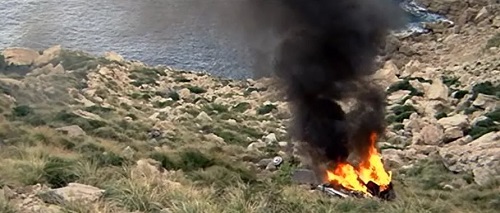
Lenzi's follow up to this film, An Ideal Place to Kill, is the last in his thriller series and effectively represents the other side of the peak that this film established.

